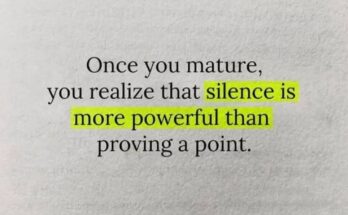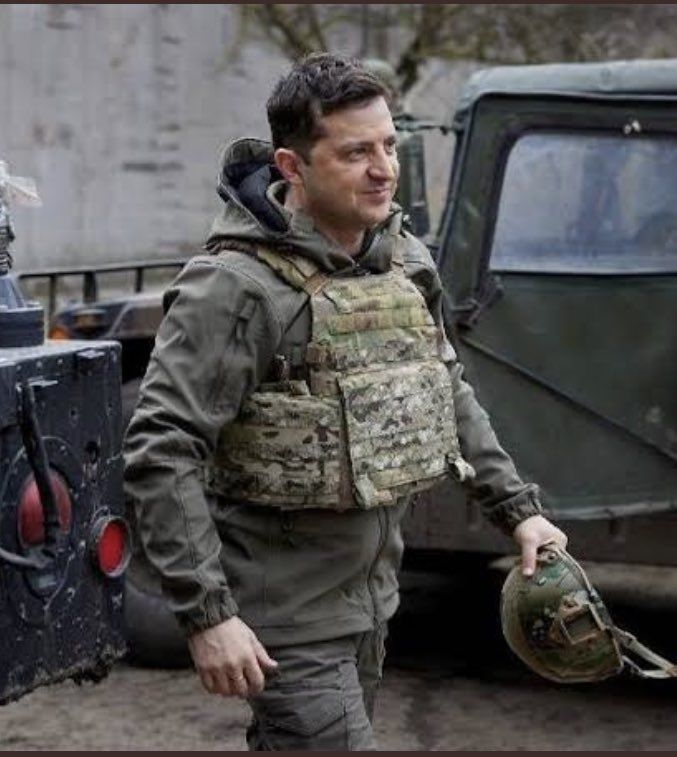
Leadership is often tested in times of crisis, and history has shown that wartime leaders face some of the most demanding challenges. In the case of Ukraine, President Volodymyr Zelensky has demonstrated exceptional resilience, courage, and determination in leading his country through one of the most devastating conflicts in modern history—the Russian invasion that began in February 2022. Despite having no prior political or military experience, Zelensky has earned global respect for his leadership. This article explores why the world should respect the wartime leadership of Volodymyr Zelensky and the qualities that make him an exceptional figure in modern geopolitics.
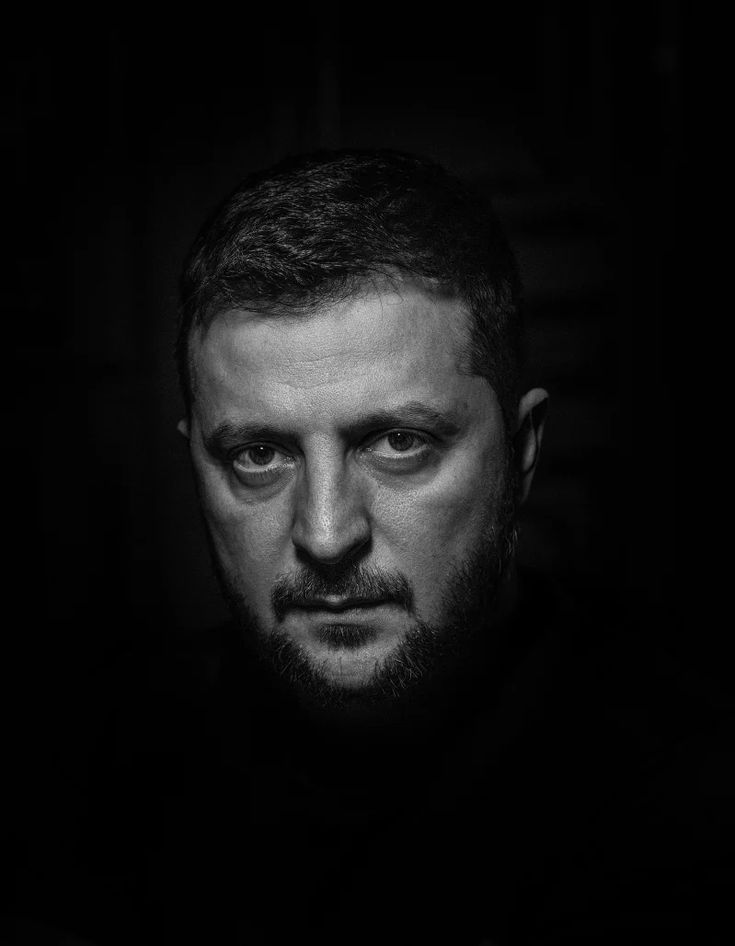
Before entering politics, Volodymyr Zelensky was a well-known comedian, actor, and television producer in Ukraine. He starred in the satirical TV show Servant of the People, in which he played a schoolteacher who unexpectedly becomes president. Ironically, life imitated art when he ran for office in 2019 under the banner of the Servant of the People political party, promising to fight corruption, bring transparency, and improve Ukraine’s economy.
Many skeptics doubted his ability to govern a nation facing complex political and military challenges. However, his overwhelming election victory with over 73% of the vote showed that Ukrainians believed in his vision. When war came to his doorstep in 2022, Zelensky transformed from an entertainer into a determined wartime leader, proving that leadership is not always about prior experience but about character, resilience, and commitment.
One of the defining moments of Zelensky’s leadership came at the very beginning of the war. As Russian forces invaded Ukraine, many believed the government would collapse, and Western allies reportedly offered to evacuate him to safety. Zelensky refused, famously responding:
“I need ammunition, not a ride.”
This statement became symbolic of Ukraine’s determination to fight for its sovereignty. Instead of seeking safety, Zelensky chose to remain in Kyiv alongside his people, leading from the front lines. His presence in the capital, despite the constant threat of Russian attacks, reassured Ukrainians and demonstrated true courage. His refusal to abandon his country was a stark contrast to some leaders who flee during times of crisis.
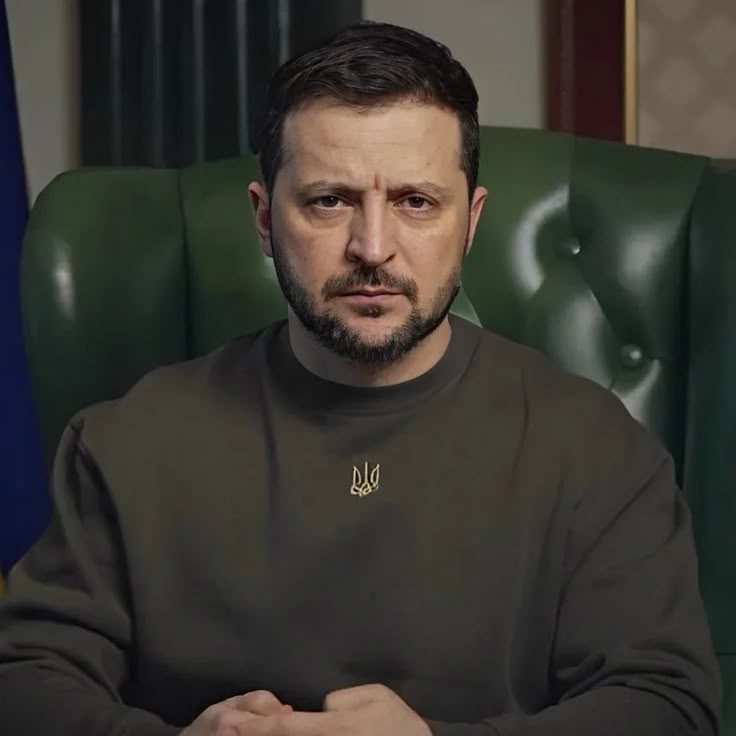
Effective Communication and Diplomacy
Zelensky’s ability to communicate effectively has played a crucial role in rallying support for Ukraine. His powerful speeches have resonated worldwide, inspiring both his citizens and international allies. He has addressed the U.S. Congress, the United Nations, the European Parliament, and many other institutions, making emotional and strategic appeals for military aid, sanctions against Russia, and humanitarian assistance for Ukrainian refugees.
His speeches are not filled with bureaucratic jargon but with heartfelt appeals, historical references, and direct calls to action. This approach has helped keep Ukraine’s struggle in the global spotlight and has led to increased support from Western nations
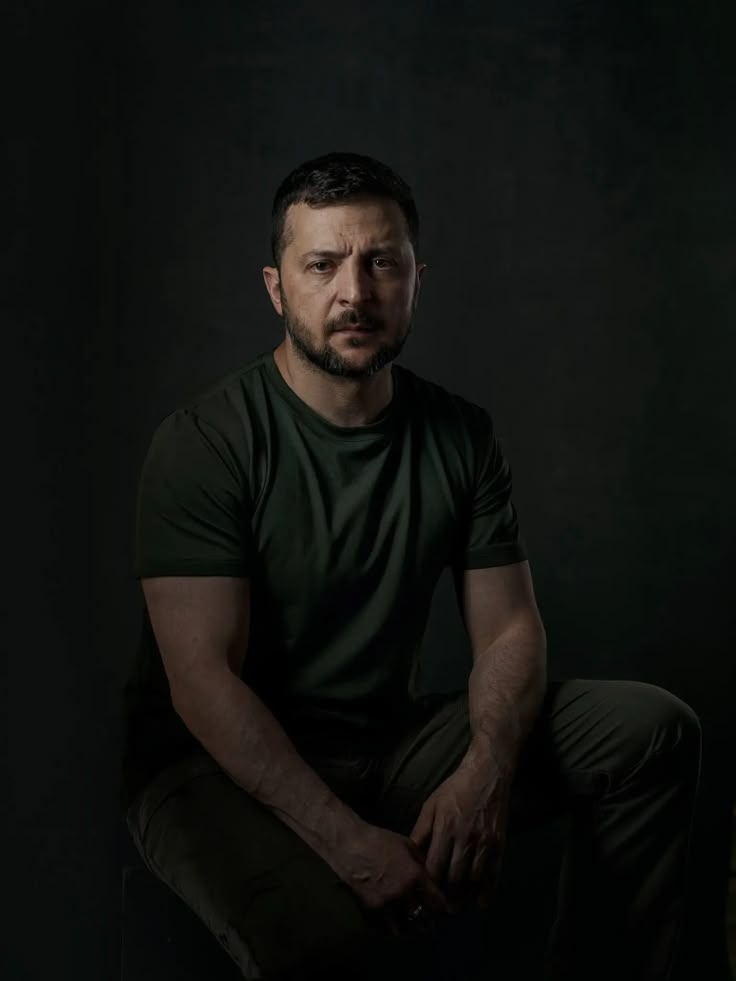
Beyond international diplomacy, Zelensky has been a unifying figure for Ukrainians. He has regularly addressed his people through video messages, providing updates on the war and motivating them to stay strong. His ability to connect with civilians and soldiers alike has helped maintain national morale.
Throughout the war, Zelensky has visited front lines, hospitals, and war-torn cities, showing solidarity with those affected. Unlike leaders who remain in secure offices, he has been physically present in danger zones, proving his commitment to his people.
Leading the Defense of Ukraine
Under Zelensky’s leadership, Ukraine has mounted an extraordinary defense against a much larger and more powerful military force. Despite initial expectations that Kyiv would fall within days, Ukrainian forces have successfully resisted Russian advances, reclaimed lost territory, and inflicted significant damage on enemy forces.
Zelensky has worked closely with military leaders to strategize and secure the necessary weapons and intelligence to defend Ukraine. His administration has played a crucial role in coordinating military efforts with Western allies, securing billions of dollars in aid, and acquiring advanced weapons systems. Without his diplomatic efforts and leadership, Ukraine’s military would have faced far greater challenges.
Rallying Global Support
One of Zelensky’s greatest achievements has been securing international aid and sanctions against Russia. His leadership has convinced NATO, the European Union, and other nations to provide weapons, financial support, and humanitarian assistance to Ukraine.
Zelensky has also played a significant role in uniting European nations against Russian aggression. Before the war, Europe had varying levels of dependence on Russian energy, making unified action difficult. However, Zelensky’s persistent appeals and exposure of Russian war crimes have led to unprecedented sanctions on Moscow and reduced reliance on Russian resources.
The Moral Stand Against Oppression
Respecting Zelensky’s leadership is not just about admiring his strategic and diplomatic skills; it is also about recognizing his moral stance. He has repeatedly emphasized that Ukraine is fighting not just for itself but for democracy, sovereignty, and freedom worldwide. He has positioned Ukraine as the frontline of resistance against authoritarianism and has gained global recognition as a symbol of defiance against oppression.
His leadership reminds the world that smaller nations can stand up to larger aggressors with determination, unity, and international support. By defending Ukraine, Zelensky is also defending the principles of democracy and international law, which should be respected and upheld.
Challenges and Criticism
While Zelensky has been widely respected, his leadership has not been without criticism. Some argue that he could have done more to prepare Ukraine for the invasion before it happened. Others believe that his government still faces challenges in addressing corruption and ensuring transparency in the distribution of aid and military resources.
Additionally, as the war continues, there are concerns about Ukraine’s heavy dependence on Western aid and whether the country will be able to sustain itself in the long term. However, these challenges do not diminish his accomplishments as a wartime leader; rather, they highlight the complexities of leading a nation in crisis.
Zelensky’s Legacy and the Future of Ukraine
Regardless of how the war ultimately unfolds, Volodymyr Zelensky has cemented his place in history as a wartime leader who refused to surrender. His leadership has reshaped Ukraine’s identity, strengthened its alliances, and inspired a new generation of Ukrainians to fight for their country’s future.
Looking ahead, the future of Ukraine will depend on how Zelensky and his government navigate post-war rebuilding, economic recovery, and continued defense against future threats. Whether he remains in power or steps aside after the war, his impact on Ukraine and the world will be remembered for generations.

